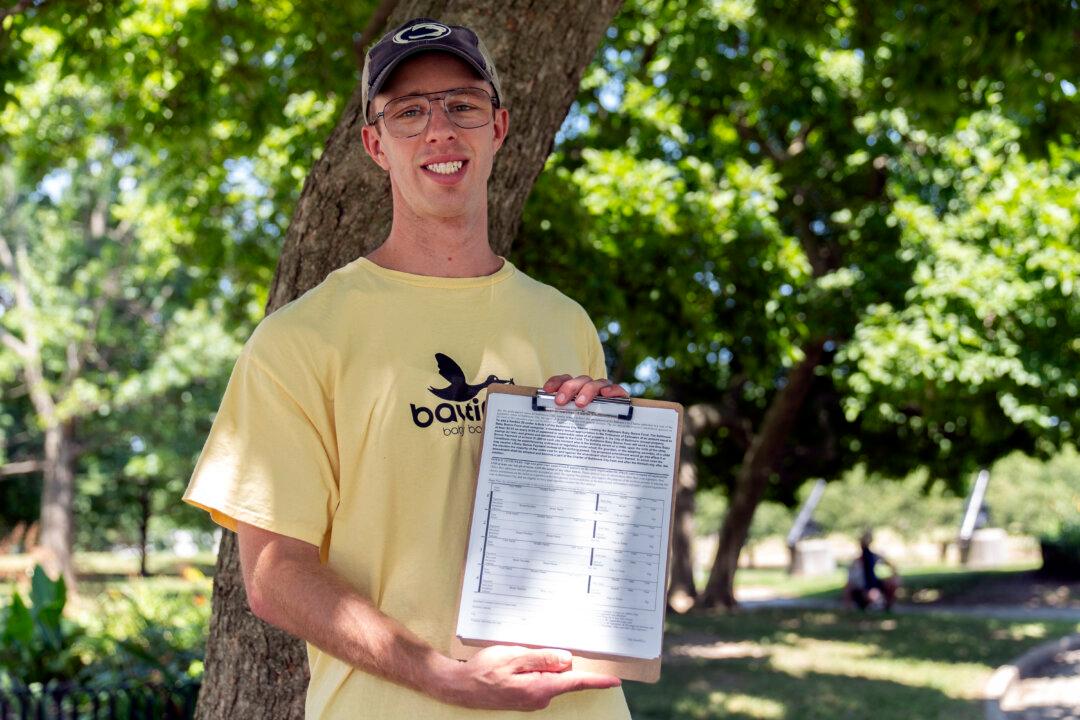New parents in Baltimore, Maryland, could receive a $1,000 “baby bonus” if voters approve the proposal in November.
A group of Baltimore teachers is behind the Baltimore Baby Bonus Fund, a proposed charter amendment that they say aims to reduce childhood poverty from birth. They recently secured the necessary 10,000 signatures to bring the question to voters as a ballot initiative in November.





